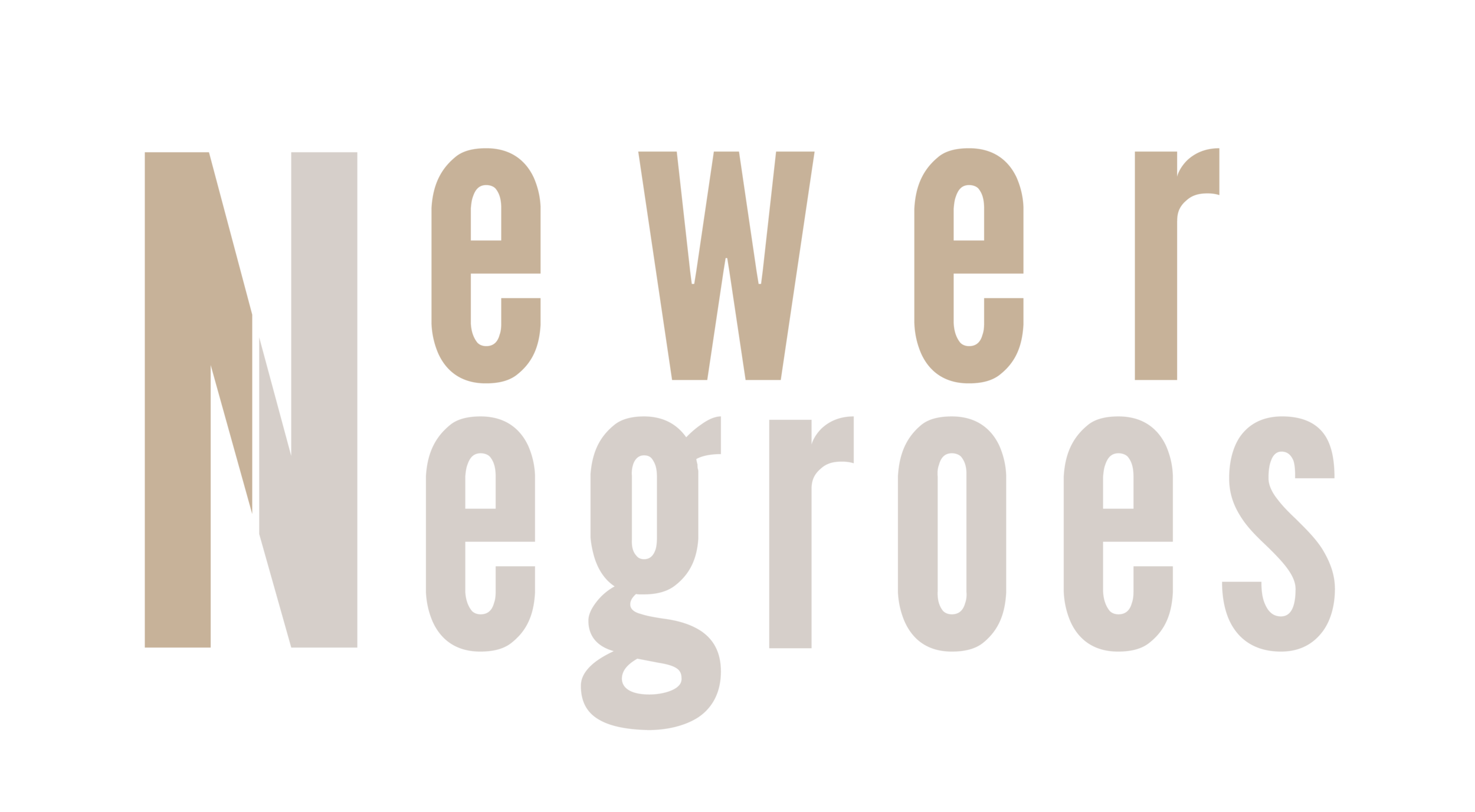A Family Divided: On Queer Black Men and the Struggle for Community

Queer Black men are lacking a firm sense of self. We are constantly being policed and pushed into boxes that discourage us to define ourselves and our truths. We struggle with topics related to sexuality and gender identity. We practice sex, but are afraid of sexuality and intimacy. Some of us are socialized and conditioned to believe that our identities are sinful and immoral. Often despised and vilified by Black men and women, coupled with the already vilifying nature of whiteness and white supremacy, we are without home. We internalize hatred and inflict it on others by policing the boundaries of masculinity. We begin to cope with the pain of not being accepted in various unhealthy ways: conforming, isolation from other queer students and family, excessive code switching, risky behavior, and even contemplating and committing suicide.
One would assume that Black queer men would depend on each other for support. However, there is a lack of community: A family divided. It appears that we separate ourselves in different groups or cliques. Some of us do so in order to avoid stigma. Some of us avoid each other in order to socially advance in society. The resources provided to us on campus, in our community, and at homes are limited. Sometimes, it can be frustrating to find community as a Black queer man, especially under a patriarchal and heteronormative system that constantly seeks to erase you.
There are only a few ways a Black queer man can survive under such a system: Resistance or queer respectability. Resistance requires strength to stand alone, even when your own people try to assimilate. It is not easy but it is necessary to do this in order to bring change. Resistance forces your oppressor to see your existence and fresh-out-of-fucks-to-give identity. There is no room for seeking validation from heteronormative frameworks. You are forced to see the divinity within yourself. Resistance is a long process of unlearning the lies your oppressor told you. You search for others who are like you or seek to find whose shoulders you stand on.
Queer respectability refers to those who “straighten up” for heterosexual or authoritative audiences. They modulate their queerness up and down depending on who they are around. Sometimes they smooth their queer edges and try to blend in. Their worst fear is that their queerness might cause a fuss or draw undo attention so they use it to self-loath. Respectability signifies acceptance of the norm. To be respectable is to follow a normative standard of behavior in public, while being aware of continual evaluations against that standard. For example, it is no secret that men who are masculine receive more respect than men who are feminine. This is a sad and unfortunate truth caused by heteropatriarchy and homophobia. Respect connotes acceptance of difference. Moreover, at the same time as identifying with the norm, respectability entails differentiating oneself from others who fall outside the norm.
I hope that we as Black queer men will no longer feel the need to mask our true selves regardless of our differences. This is what self-preservation looks like. We possess multiple identities that deserve to be affirmed. We must reject the notion that we are inferior. We must remember the words of our brother Essex Hemphill who stated, “It is not enough to tell us that one was a brilliant poet, scientist, educator, or rebel. Whom did he love? It makes a difference. I can’t become a whole man simply on what is fed to me: watered down versions of Black life in America. I need the ass-splitting truth to be told, so I can have something pure to emulate, a reason to remain loyal.”
The liberation is here and we will continue to resist.
-NN-
Ramon W. Johnson is an Artist and Activist. As a junior Sociology major at Morehouse College, he serves on the executive board for Morehouse Safe Space as Vice President. Mr. Johnson was recently named a Periclean Scholar for his efforts in making HBCU's more inclusive for LGBT students through advocacy. His efforts have allowed him to present his research and spread his advocacy in the Atlanta University Center, The New School, the University of Houston, and Emory University. Ramon's dedication to dismantling homophobia on his campus and affirming black queer identities is truly commendable. As a recipient of the 2016 YBGLI (Young Black Gay Leadership Initiative) Scholarship Award, he desires to continue addressing issues disproportionately affecting black queer men of color while amplifying their voices.





